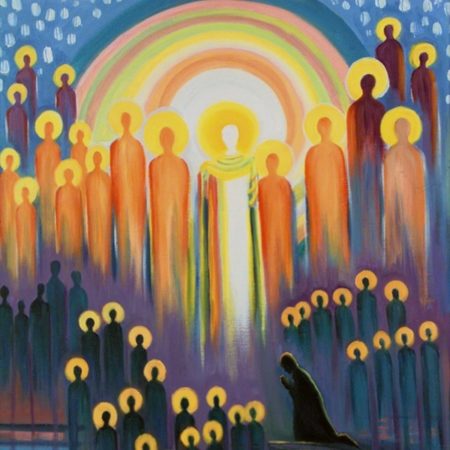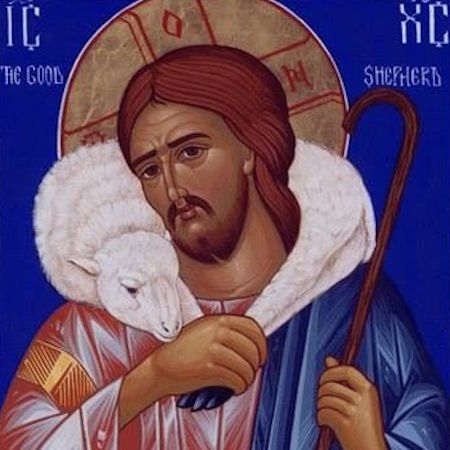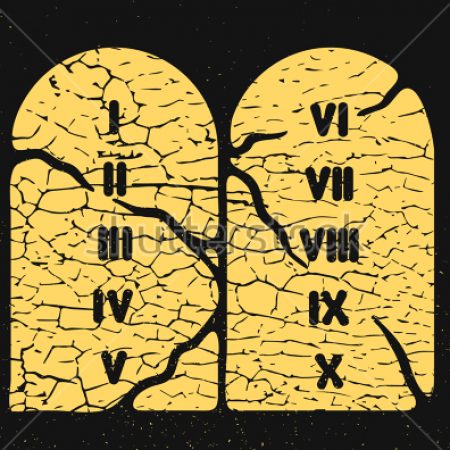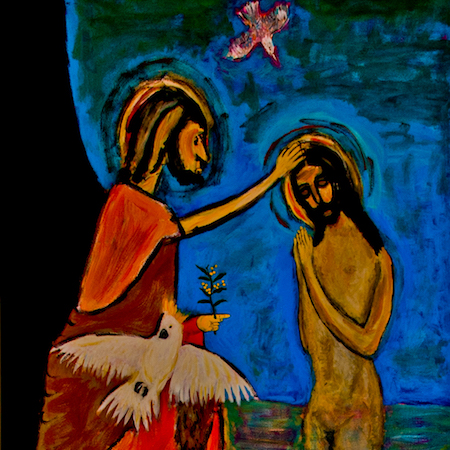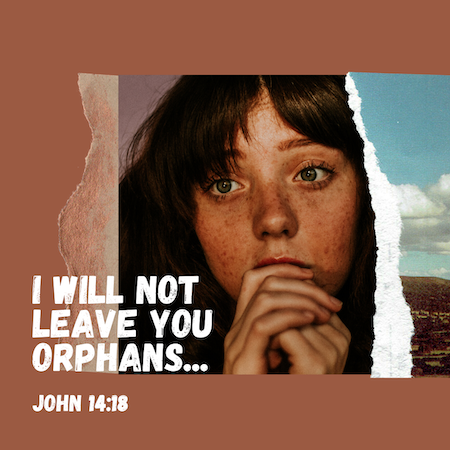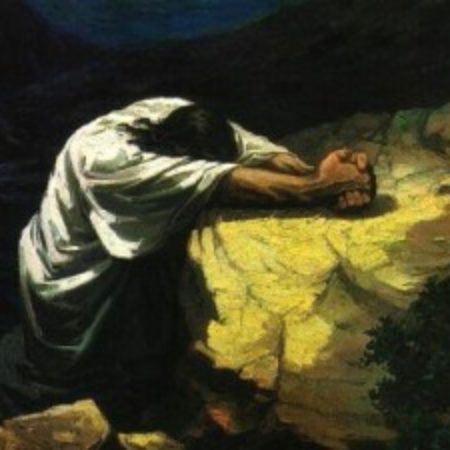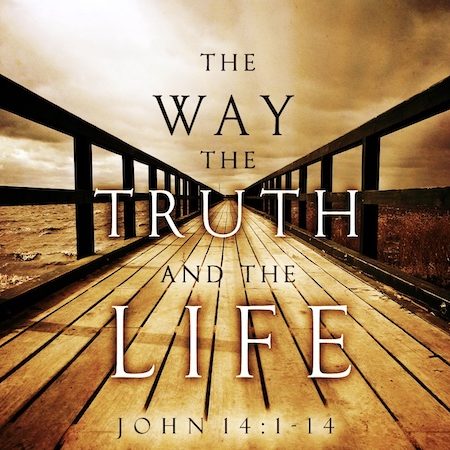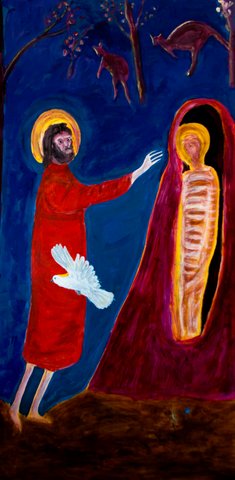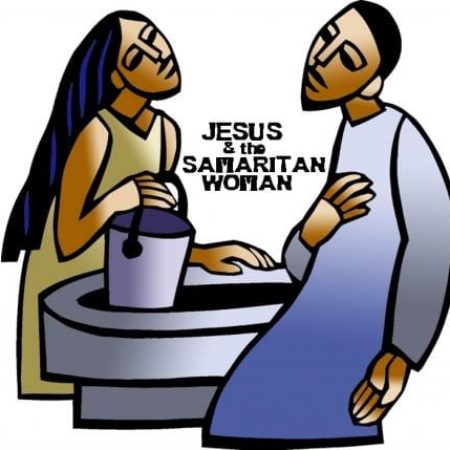Christ’s grief gathers up our griefs and achieves the promise of a day when tears will be no more.
Sermons on John
When misunderstood, being “the chosen” can mutate into a toxic culture of entitlement that produces horrific criminal behaviour, and Jesus calls us to join him in challenging that culture.
Living water is for all of us that would like to try it. When we try it, our lives change and instead of being thirsty we become a spring. As a result, our neighbours can try it too.
In order for men to step up and end the scourge of domestic violence, they need to experience themselves as loved and valued, liberating them to love others.
The image of Jesus as the good shepherd can speak of tough life-on-the-line love, not just cuddling lambs.
The forgiveness we experience in the risen Christ is dauntingly radical and we are called to share it.
We all learn our desires from others, but most of them are destructive, and law tries to control them. The pathway to freedom and life is to follow Jesus and learn to desire as he desires.
In an increasingly polarised world, championing the radical love and mercy shown by Jesus is likely to bring hostility from all sides.
Discovering who we are called to be is an ever-evolving journey as we follow Jesus in changing circumstances.
We are not alone or orphaned. The one who creates, loves, reconciles, shows us the way to truth, shows us the way into the future is an abiding presence with us.
When God closes one chapter before opening another, the time in between is a time for prayer and entering into the life of God.
In the face of the cultural call for an all-tolerating lack of conviction, we are called to be a particular people who follow and champion a distinctive way – the way found in Jesus.
Jesus’s purpose for us is that we (individually and collectively) have fullness of life.
A comic monologue on the story of Doubting Thomas, presented in the style of “Fred Dagg” as a fan’s tribute to the late great John Clarke.
Grief and suffering bring us close to the heart of the suffering God and can open us to God’s transforming and resurrecting power.
There are forces conspiring to keep us in the dark, but Jesus opens our eyes so that we can see that our deepest yearnings are satisfied only in God.
Like the woman at the well, we can encounter Jesus not simply as a historical worker of “signs and wonders” but as a contemporary spirit powering our actions today if only we are willing to take a leap of faith and believe in His Word.
Being born of water and Spirit involves becoming as vulnerable and dependent on God as a newborn baby.
The place of belonging that we are looking for is found when we find where Jesus belongs.
The particularity of Jesus’s identity scandalises our tribal sensibilities, but our attempts to erase such details in favour of a more “universal” truth inevitably fail to convey the good news of God with us.

